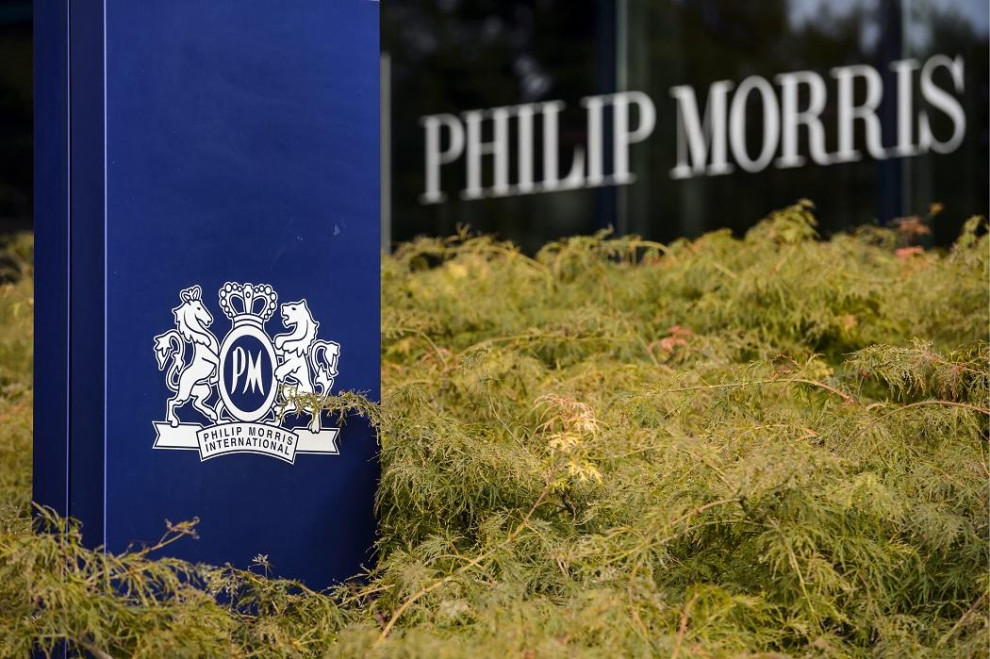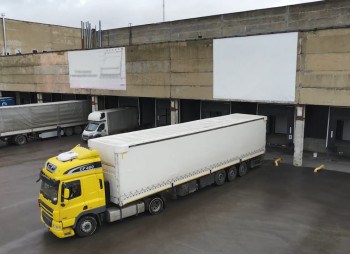"The company will invest $11 million in the increase of the number of stores, the expansion of its service infrastructure and the creation of new jobs in Ukraine in 2024," Ukrainian media outlets quoted the company's press statement as saying.
According to the press statement, the new version of the device available in three models is powered by induction heating, unlike the previous generations, and does not require cleaning and is safe from breakage of blades thanks to it.
The launch of this product in Ukraine was delayed due to the crisis, but the company showed its readiness to invest in Ukraine and achieve its strategic goals of switching to smoke-free products, it said.
"It is another proof of our support to the economy of Ukraine in the difficult times alongside our investing in the factory in the Lvov region," the statement quoted Philip Morris Ukraine General Director Maxim Barabash as saying.
In order to meet the demand of its adult users, the company opened 40 brand stores in 24 cities, launched express shipping and shipping across Ukraine and, in the past two years, launched in Ukraine 120 recycling stations accepting old devices, accessories for smoke-free products, used sticks and pods from electronic cigarettes for reprocessing or eco-disposal, the statement said.
"Philip Morris launched the first Iqos tobacco heating system in 2016. Since then, about 1.3 million of adult smokers in Ukraine abandoned cigarettes and chose our companies' smoke-free alternatives. We will continue developing our brand retail and testing new formats of our commercial infrastructure in 2024," the press statement also quoted Smoke-Free Products Department head Roman Ivanov as saying.
As reported, the Philip Morris International (PMI) tobacco concern increased the share of smoke-free products in its total revenue to 36.4% in 2023 from 32.1% in 2022 and could possibly bring this share to 75% in 2030. "The revenues from smoke-free products are already exceeding 50% of the entire annual revenues on 25 markets. We want this number to reach 60% by 2030," PMI Vice President for International Communications Tommaso Di Giovanni said, adding that there were 17 such countries in 2022.
The number of markets where smoke-free products are now available grew from 73 to 84 over the past year, and the share of low- and middle-income markets among them increased from 42% to 47%, he said. The approximate amount of users of PMI smoke-free products increased to about 33 million last year, including Iqos users from 24.9 million to 28.6 million, which made it the world's nicotine brand number one in net revenues and accelerated the abandoning of cigarettes in many countries.
PMI's total investments in the development of smoke-free products have reached $12.5 billion since 2008, including $1.8 billion in 2023.
Philip Morris separated from Altria in 2008 and is one of the world's leading tobacco producers. The company's revenues in 2023 increased by 10.7% compared to 2022, reaching $35.2 billion, and by 9.7% to $8.79 billion in the first quarter of 2024. The company's report says that Ukraine makes up about 2% of total sales in physical terms and 1% in monetary terms.
PMI has been operating on the Ukrainian market since 1994 and has reported investing over $700 million in the Ukrainian economy since then. Since February 24, 2022, the company suspended the operations of its factory in Kharkov and switched to the import of its products from eight PMI factories outside Ukraine and the temporary partnership with another international manufacturer in Ukraine. The company is planning to launch a new factory in the Lvov region in the second quarter of 2024, the amount of investments in it reached $30 million.
In 2022, PMI reduced shipments on the Ukrainian market by 30.1% to 11.07 billion of cigarettes and tobacco sticks because of the crisis, but it managed to increase shipments of finished products by 8.4% in 2023, including by 14.9% in the fourth quarter. Last October, the company said it restored its share on the Ukrainian market to 24% after it fell to 14% from 28.5% in the first few months after the beginning of the crisis.






